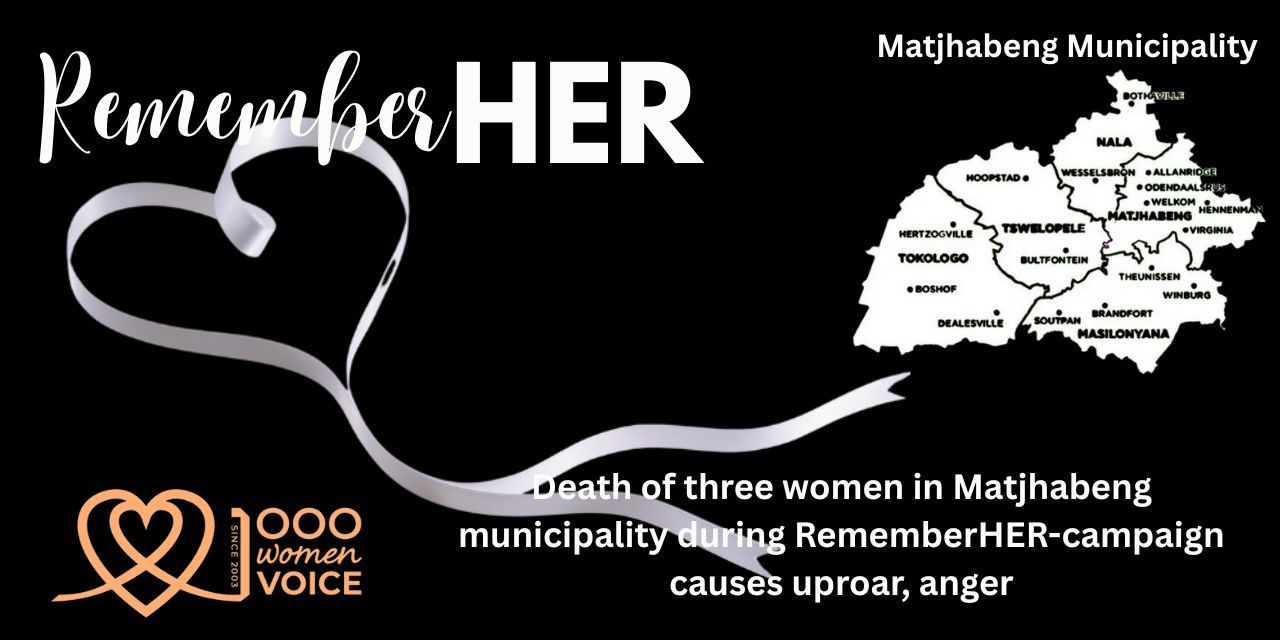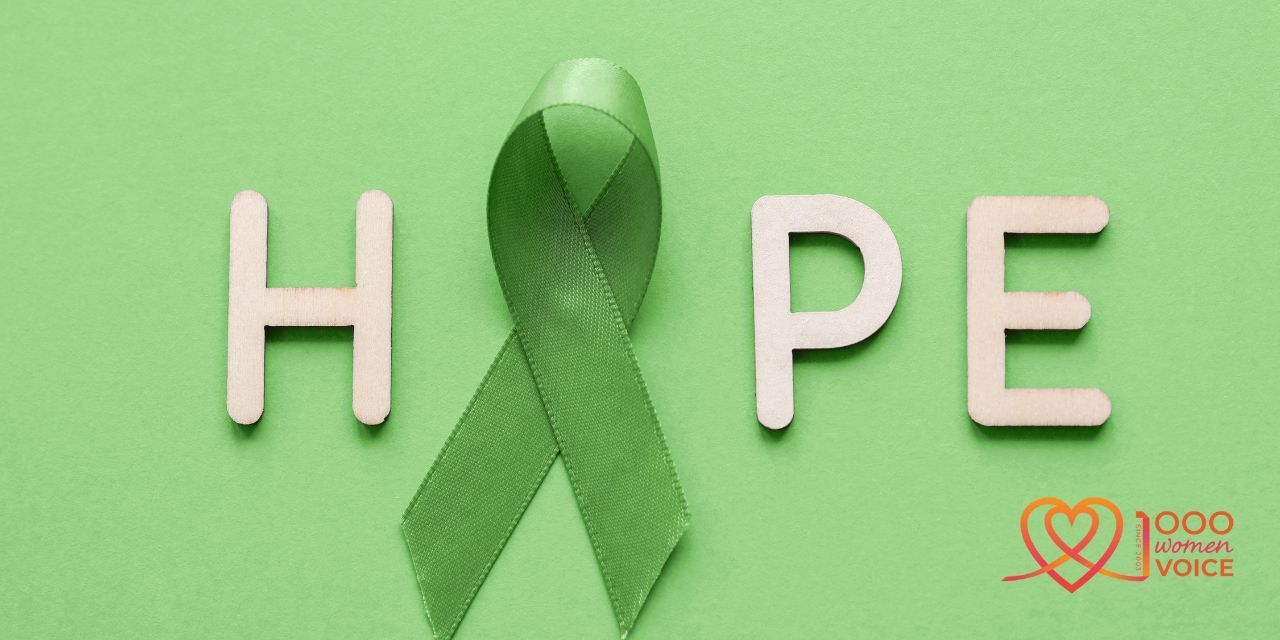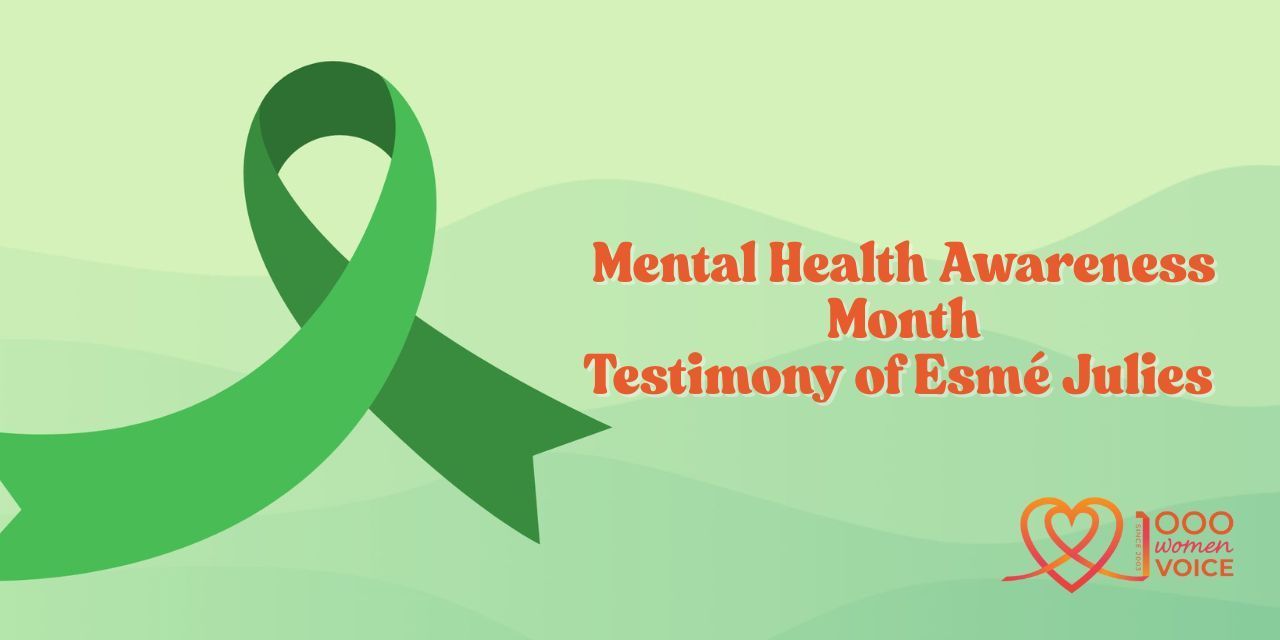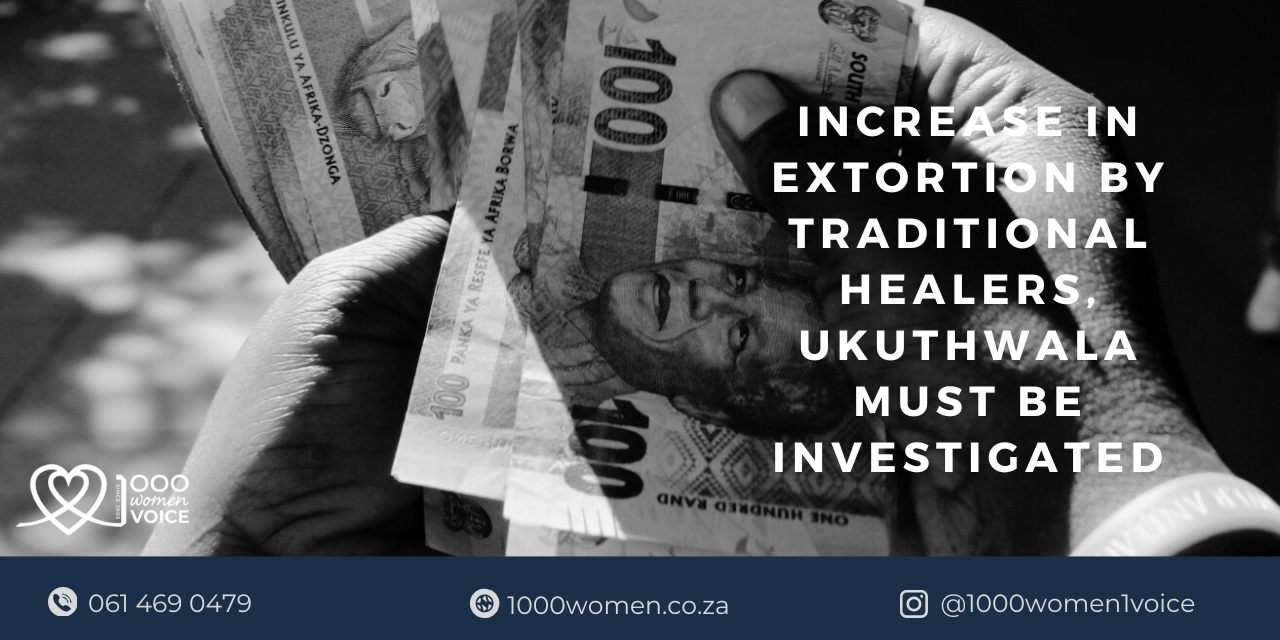1000 Women Trust, community activist Jesmien Wapad and Kolomela Mine-group join forces to combat scourge of bullying in Northern Cape
The brutal stoning of a teenager at Blinkklip Secondary school in Posmasburg as well as the assault on her daughter (while in grade seven) at the Catu Primary school prompted the community activist and economic developer Jesmien Wapad to reach out to 1000 Women Trust. The Trust, Wapad and the Kolomela-mine have joined forces to roll out the widely acclaimed anti-bullying campaign of 1000 Women Trust at eight schools in Postmasburg.
1000 Women Trust has already touched the lives of at least 2000 teacher and parents the past three years, and has also received rave reviews from schools in the Western Cape and Limpopo.
Wapad is in awe of the anti-bullying course hosted by 1000 Women Trust.
“What excites me about 1000 Women Trust’s program is that there are excellent skills transfer to young people, it is transparent, sustainable and it is easily accessible on WhatsApp.
“I expect it to be a huge success.
“Consequently, it could be rolled out on a much bigger scale in the Northern Cape.
“What happened to my daughter and to the teenage learner who was stoned and killed, are not isolated incidents. As far as I am concerned bullying in Northern Cape schools is rife.
“And because it is not nipped in the bud, those bullies drop out of school, later get hooked on drugs and become gangsters,” she warned.
“We in Postmasburg are surrounded by 38 mines, but many of the community projects don’t have an impact because of, amongst others, bullying in schools.
“I recently traveled on a taxi where a father relayed his frustration because his child was subjected to bullying and because of her fear, she don’t want to return to school. It is widespread in schools,” Wapad warned.
Right now, 1000 Women Trust, Wapad, her organization, Kapa Bokone Women for Change, and Kolomela mines just await budget approval. Once that is received, the anti-bullying course will commence without delay.
On 25th May 2022, the next anti-bullying training on Whatsapp hosted by 1000 Women Trust will start.
All parents, teachers and community leaders have been invited to join.
The program will include the following headings: What is bullying, what is cyber security, what is the correct school bully policy, the consequences of bullying, the restoration of victims, the role of bystanders in addressing bullying, the role of parents and teachers in fighting the scourge, and cell phone etiquette.
Parents, community leaders and teachers who want to attend the anti-bullying Whatsapp training on 25th May, can join by sending their names and BULLYING to 0732079079. More information is available on www.bulying.co.za
“We currently also run ten WhatsApp-groups to share anti-bullying skills with parents and teachers,” said Tina Thiart, director of 1000 Women Trust.
More violent incidents related to bullying have rocked the South African school community within the past ten days.
On Friday last week, one learner committed suicide at the Vaal Reefs Technical High School in North-West after she was bullied
In another serious incident linked to school bullying on Friday, a learner in Soweto stabbed another boy with a knife in retaliation because his brother was bullied.
The incidents were confirmed by Matakanye Matakanya, secretary of the national association of school governing bodies.
The women-led organization 1000 Women Trust has been one of the NGOs in the forefront of implementing anti-bullying toolkits to combat bullying in SA schools. Through the organization’s anti-bullying campaign, 2000 teachers and parents have been equipped with skills and strategies to tackle the scourge.
“We currently also run ten WhatsApp-groups to share anti-bullying skills with parents and teachers,” said Thiart.
It is reported that as many as 57 % of South African learners have been bullied at some time during their high-school careers. When one considers that there are 2.2 million school-going children in the country, those percentages translate into truly staggering numbers.
According to the Global Advisor Cyberbullying Study in November 2018 which surveyed 20 793 parents from 28 countries, South Africa had the highest incidence of cyberbullying in the world, with 54 % of South African parents knowing of a child in their community that experienced cyberbullying.
An anti-bullying support team lead by Thiart visited schools in Limpopo last year and strengthened their anti-bullying policies in the wake of the death of a learner Lufuno Mavhunga.
Lufuno who was in grade ten, was hit by another learner and the incident was captured on camera. It was subsequently shared on social media platforms. The video went viral and Lufuno took her own life shortly after the incident.
Matakanya said either school-governing bodies’ policies must be strengthened, or it must be determined why reports of bullying are not done quickly and addressed quickly.
“An anti-bullying policy mut be administered and if it is not, there is a broken chain somewhere.
“Institutional Development and Support Officers (IDSO’s) are not doing their work. They must monitor whether schools have policies, administer those policies and capacitate school governing bodies to strengthen those policies at school,” Matakanya said.
Thiart said in a trauma-informed school, the best deterrent to bullying and cyberbullying is to create a culture of acceptance and communication.
At every school, an anti-bullying policy should be established. Know your state and district policies and seek input from all members of your school community to determine how your school will implement rules of conduct, a way for learners to report bullying and the process by which the school will act to address reported bullying. Communicate the anti-bullying policy with all stakeholders (teachers, parents and learners).
Put into action a school-wide plan. Disseminate a bullying prevention plan that involves all adults on campus in knowing how to support positive behaviour, address unacceptable actions and refer learners who need additional counselling. Participate in anti-bullying campaigns and organize workshops for teachers and parents.
Educate the school community. Incorporate bullying prevention in lesson plans, teach learners how to effectively respond to bullying and provide resources for parents so they can be partners in your anti-bulling efforts, Thiart said.
For more information, visit 1000 Women Trust on www.1000women.co.za or email the organization on info@1000women.co.za.











